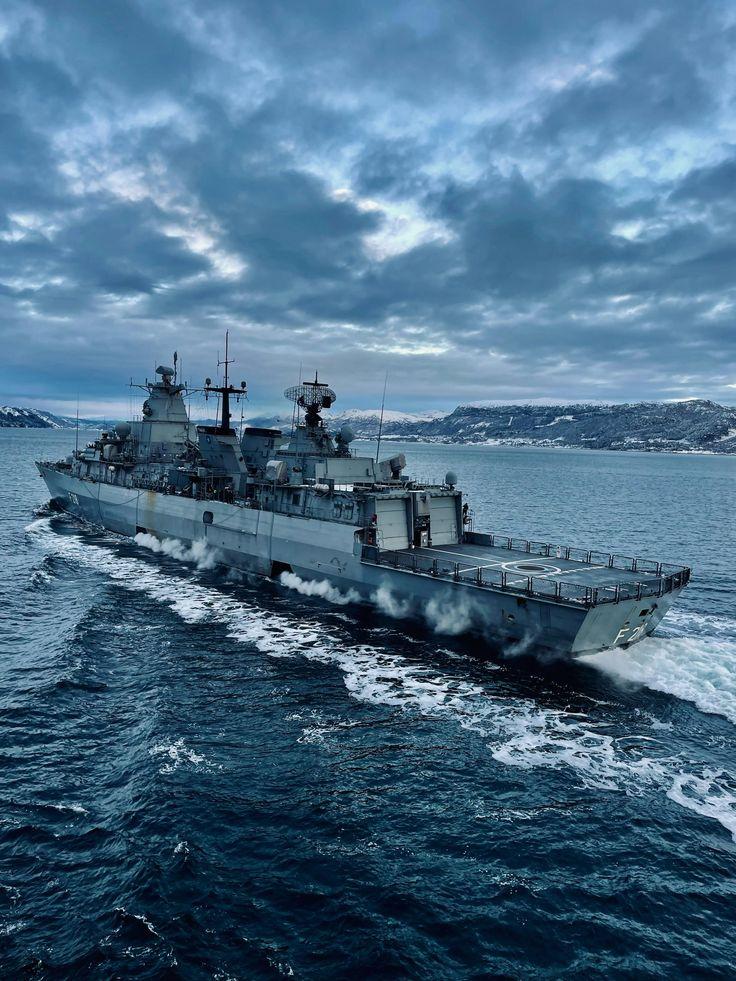-
Feed de Notícias
- EXPLORAR
-
Páginas
-
Grupos
-
Eventos
-
Blogs
the shift modern warfare

For centuries, warfare was defined by infantry charges, cavalry movements, and later, artillery barrages. Today, the battlefield looks nothing like the past. The shift modern warfare has brought forward a blend of physical combat and digital confrontation, where cyber threats can cripple a nation before a single shot is fired, and unmanned systems dominate skies once filled with fighter jets. Modern conflict is no longer about sheer manpower; it’s about data, innovation, and rapid adaptation.
From Boots on the Ground to Bots in the Sky
The first major indicator of change lies in the rise of unmanned systems. Drones have become an indispensable part of military strategy. They provide surveillance over vast terrains, deliver precision strikes with minimal collateral damage, and reduce the risk to human pilots. Nations have realized that controlling the skies doesn’t always require the fastest jet—it often requires the smartest algorithm.
Similarly, autonomous ground vehicles and robotic units are being tested to handle dangerous missions, such as clearing mines or carrying supplies. This not only increases efficiency but also reduces human casualties. The shift modern warfare is clearly visible in this transition from human presence to robotic assistance on the battlefield.
Cyber Warfare: The Invisible Frontline
In the digital era, wars are fought with codes and commands as much as with bullets and bombs. Cyberattacks can shut down power grids, manipulate financial systems, or disrupt communication networks. Unlike traditional battlefields, cyber warfare has no boundaries—anyone with the right tools can launch an attack from anywhere in the world.
This poses a unique challenge: how do nations defend against an enemy they may never see or identify? Governments are investing heavily in cybersecurity infrastructure, and military forces now include cyber defense units working alongside conventional troops. The shift modern warfare highlights this growing invisible frontline where battles occur without borders.
Artificial Intelligence: The Brain of Tomorrow’s Battles
Artificial intelligence (AI) is revolutionizing every industry, and defense is no exception. AI-driven systems can analyze massive amounts of data in seconds, providing insights that would take humans hours, if not days. From predicting enemy movements to detecting hidden threats, AI has become the backbone of military intelligence.
Moreover, AI-powered targeting systems are improving precision in weaponry, reducing unnecessary casualties. However, this also raises ethical debates: should machines be allowed to make life-and-death decisions? As AI becomes increasingly integrated into warfare, policymakers must balance technological advantages with humanitarian responsibilities.
Information and Psychological Warfare
Beyond drones, cyberattacks, and AI, the shift modern warfare includes battles over perception. Disinformation campaigns, fake news, and psychological operations are now powerful weapons. Social media platforms, once built for connection, have become tools for manipulation, capable of swaying public opinion or destabilizing societies without firing a single shot.
Information warfare emphasizes that in modern conflict, control over narratives can be as powerful as control over land or resources. The battlefield now extends into minds, hearts, and screens.
Hybrid Warfare: Blending Old and New
Perhaps the most defining feature of the shift modern warfare is its hybrid nature. Modern conflicts rarely rely on a single method of engagement. Instead, they blend traditional combat with cyber operations, drone strikes, and propaganda campaigns. For example, a nation might launch a cyberattack to disable air defenses, use drones to strike critical infrastructure, and simultaneously spread misinformation to create public confusion.
This complexity makes it harder for nations to prepare for or predict conflicts. Success no longer depends solely on military strength but also on resilience, adaptability, and innovation.
The Ethical and Global Implications
The transformation of warfare brings difficult ethical and global questions. What happens when autonomous weapons malfunction? How do we regulate cyber warfare, where the lines of accountability are blurred? And what about smaller nations or non-state actors gaining access to advanced technologies once reserved for global powers?
The shift modern warfare demands international dialogue, treaties, and regulations. Without oversight, technological advancements could escalate conflicts faster than the world can respond.
Conclusion: Preparing for the Future
The shift modern warfare is not just about new weapons—it is about a new philosophy of conflict. Technology, intelligence, and adaptability now define strength more than sheer numbers or firepower. As drones, AI, and cyber capabilities continue to evolve, nations must rethink defense strategies, ethical responsibilities, and global cooperation.
The battlefield of tomorrow is already here, and those who understand the shift modern warfare will be better prepared to face its challenges and seize its opportunities.
- Art
- Causes
- Crafts
- Dance
- Drinks
- Film
- Fitness
- Food
- Jogos
- Gardening
- Health
- Início
- Literature
- Music
- Networking
- Outro
- Party
- Religion
- Shopping
- Sports
- Theater
- Wellness


